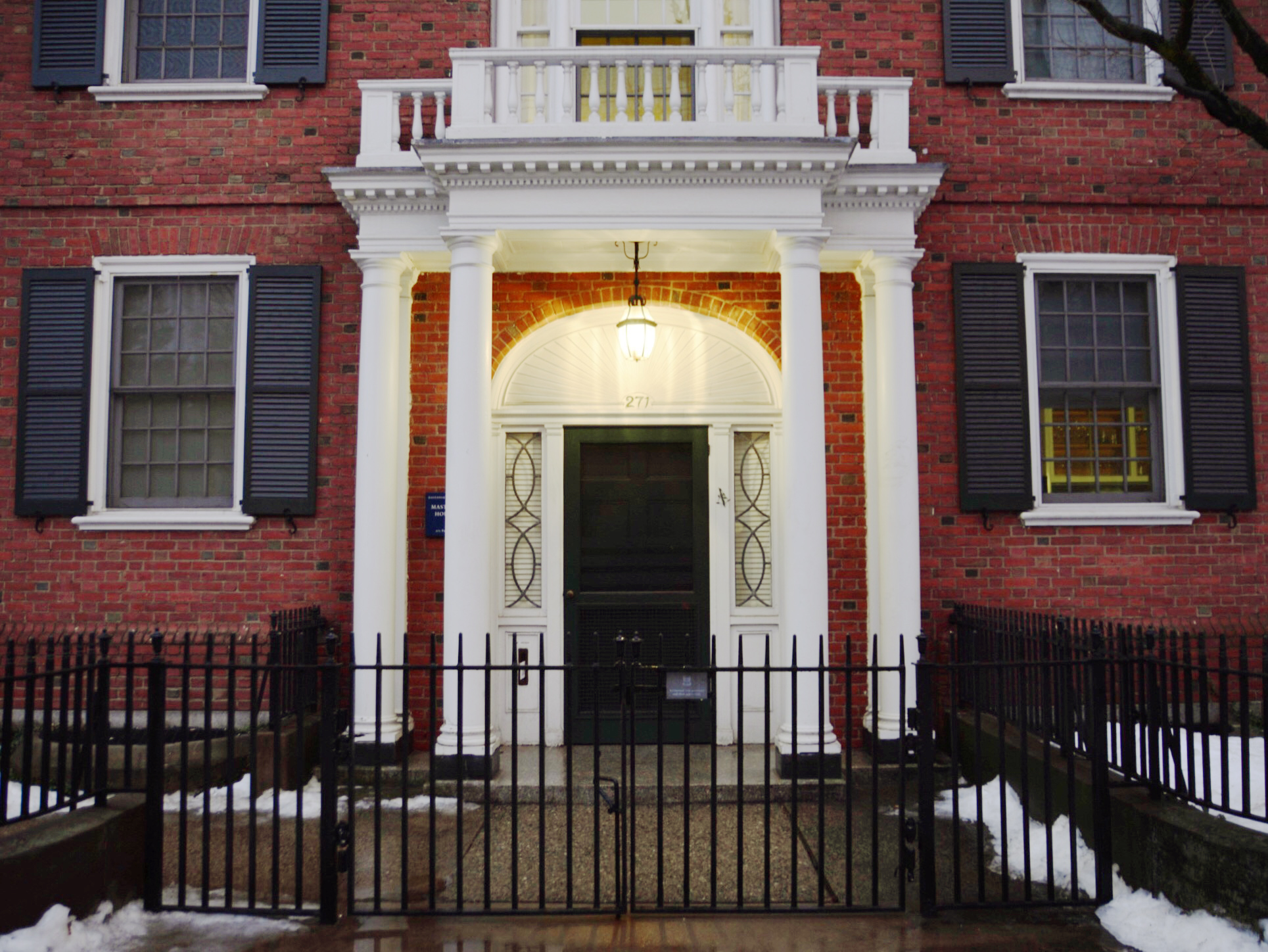
Following a slew of departures this year from the residential college masterships and deanships, Yale College Dean Jonathan Holloway said his office is managing a “historic” turnover.
Since the start of fall 2015, two residential college masters and three deans have announced that they will step down from their positions. In addition to filling these vacancies, the Yale College Dean’s Office must also make recommendations for the masters of the two new residential colleges, with the deanships to be decided later on. Holloway said six committees have been tasked with discussing and making recommendations for these positions.
These changes also mean that at the start of the next academic year, half of the College’s 12 masters will have held the position for one year or less. Holloway said the amount of turnover within residential college administrations is very unusual, estimating that until two years ago there had been around three mastership changes every five years — significantly fewer than the current situation. Former long-serving masters interviewed said they do not necessarily see a trend of masters holding shorter terms, but said they believe the position has become more administrative and less intellectually-focused over the years.
“If you exclude these two years, there has been an average of one or two masters stepping down per year. In my eight years as master [of Calhoun College], there was a period of incredible stability, and the most was two masters stepping down within a year,” Holloway said. “This is certainly a historic moment.”
Before the start of the next academic year, the University will name the new masters of Berkeley and Jonathan Edwards Colleges, as well as the deans of Ezra Stiles, Pierson and Trumbull. Holloway said five search committees, made up of students and residential college fellows, have been tasked with choosing a replacement for each position. The YCDO’s steering committee for the new colleges will be in charge of making recommendations for both masterships.
Holloway attributed the large recent turnover of residential college administrators to a policy of term limits established by former University President Richard Levin. This three-term-limit policy means that masters usually serve two five-year terms, and a third only under “exceptional circumstances,” Holloway said. While Holloway said the masters who have recently departed or are expected to depart did not make their decisions because of the term limit, he believes the policy has made masters approach the position somewhat differently.
“Even though these masters are not leaving because of the term limit, it has been planted in their heads that this is a job for seven to 10 years,” he said.
Marvin Chun, who became master of Berkeley in 2007 and announced his decision to step down in October, said the term limits are reasonable to ensure that new leaders can bring fresh ideas to the community. But he said the limits did not play a role in his departure. Chun said he felt welcome to stay in the position but wanted to spend more time with his family.
Judith Krauss, who served as master of Silliman College for 15 years and also worked as Chair of the Council of Masters from 2003 to 2009, said the average length of service for masters was around six to seven years during her time as chair.
Psychology professor Frank Keil, who served as master of Morse from 2001–2012, said he does not think the term limit significantly changes how most masters think about the job. The term limit also allows more faculty members to take on the position, he added.
However, several former masters noted that the position has been evolving into a more hands-on, administrative role that is taxing to faculty members. Krauss said the role has changed from being a largely honorific arms-length post, where the master was a revered scholar whose intellectual interests might help “define” the college. Masters are still revered scholars, but are also expected to have a significant role in shaping the culture and tending the community in partnership with the dean. Krauss added that this work takes an enormous amount of energy and focus, and said the term limit makes sense given the rigor of the job.
Steven Smith, a political science professor who served as master of Branford from 1996–2011, said that the position has changed a lot since he was master but that it should retain a sense of intellectual purpose. He added that he was concerned about whether there will be people who want to do the job after the controversies involving Silliman College Master Nicholas Christakis and Associate Master Erika Christakis last fall.
“The main thing is that the positions be filled as much as possible by people in [the Faculty of Arts and Sciences] who bring to the job a sense of the intellectual culture of Yale and that it not become simply a post for therapists and professional administrators,” Smith said. “If this happens, the mission of the collegiate system will become unrecognizable.”
Head of Pierson College Stephen Davis currently chairs the Council of Masters.







